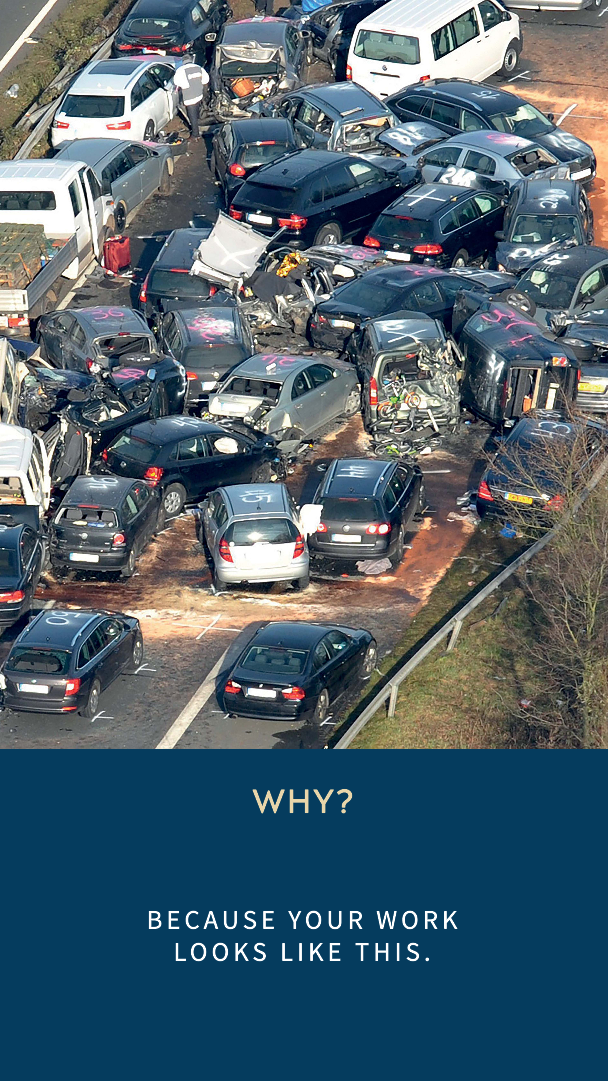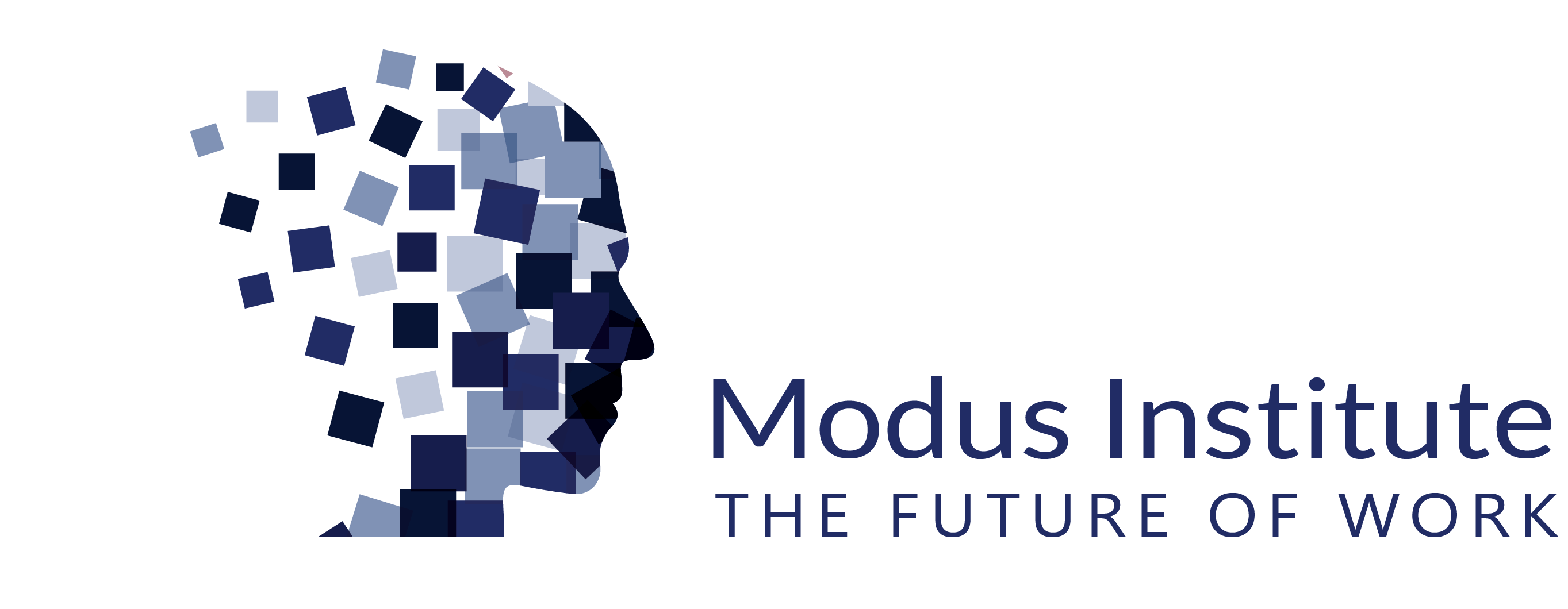BE LIKE WATER
ART OF "WAR" FOR COLLABORATION
Conflict rises when things fall out of balance
Balance can be restored through negotiation
Negotiation requires Collaboration
Skillful negotiation is an art
Collaboration is a practice
And all it takes is practice
Balance can be restored through negotiation
Negotiation requires Collaboration
Skillful negotiation is an art
Collaboration is a practice
Hack your system to invite the spark of creativity to ignite
Find balance where there is none
Find balance where there is none
Getting Work Done together is art
And all it takes is practice
Write your awesome label here.
LAMENTS
Pesky Universal Truths.
Write your awesome label here.
NO CONTROL!
Everyone "asks" me to do everything. I have no negotiating power.
NO POWER!
Other people have more power or authority than I do. I can't get a word in edgewise.
NO CLARITY!
The people I interact with aren't telling me everything. I never have the information I need to make good decisions.
NO AGENCY!
The system won't let me change anything. All I do is react to the things happening to me.
Sun Tzu Has Solutions For All of These.
THOSE LAMENTS ARE REAL
But there are things you can do to address them
UNDERSTANDING THE SYSTEM
There is you, there are others, there is an environment, and all these things are in a relationship.
FIND YOUR MOMENT
Discover how to see the moments when you have the opportunity to create change.

PREPARE FOR THE MOMENT
Develop skill using the tools you will need to
ignite creative, collaborative, safe environments.
TAKE ACTION
Enact your plan, knowing it will change and that you and your team are united and ready
the art of war and you
The MI Solution
01
Take Time to Evaluate
(Know the Problem)
Evaluate before taking action. Understand the real problems through the motivations, relationships, and history of the participants. Know that the problem lies in the nature of the relationship and the people are all potential collaborators (no matter how adversarial they might currently be.)
02
Plan for Success
(Know Yourself)
With your evaluation, you can build an informed strategy to achieve the goal that, in the end, involves and works for everyone.
Knowing yourself means you know what you can practically and safely do to solve the problem.
Knowing yourself means you know what you can practically and safely do to solve the problem.
03
Adapt As Needed
(Know the Outcome)
Be Like Water. Planning is a vital element of success. But no
plan survives contact. Learn flexibility to sense issues, adapt your plans, and avoid unnecessary confrontation as you work together toward a solution.
The AOW for Collaboration System
Everyone uses the art of war. They just don't use it well.
Turn your chaos into options, your problems into solutions, and your struggle into a learning tool.
Turn your chaos into options, your problems into solutions, and your struggle into a learning tool.
Understand the Whole
Analyze the context, resources, and constraints of the collaborative effort. This includes understanding the people involves, their goals, shared resources, environment, and potential obstacles.
Assess Strengths and Weakness
Evaluate the skills, knowledge, motivations, blind spots, and capabilities of the everyone in the system. Find ways to create opportunities for people to help solve a problem in a way that benefits all involved.
Develop a Collaborative and Flexible Strategy
Based on the assessment, create a strategic plan that leverages the strengths, addresses weaknesses, and aligns stakeholders and other participants with the overall goals of the collaboration.
Be prepared to adjust your tactics and approach as the collaboration progresses. Remain responsive to changes in the environment or new information that emerges. Make that change logical and comfortable.
Be prepared to adjust your tactics and approach as the collaboration progresses. Remain responsive to changes in the environment or new information that emerges. Make that change logical and comfortable.
Continuously Evaluate and Refine the Collaboration
Regularly review the progress, performance, and effectiveness of the collaboration. Make adjustments to the strategy, tactics, or team composition as needed to improve the overall outcome.
Working with people to identify and solve problems. I love the commonsense ideas and tools at Modus Institute. Engaging with others through chat and virtual meetings makes it all the more meaningful.
Kate Greene
Why You Care
Whether you are you, or whether you are a boss or team lead or coach or generally interested third party ... you care because ...
Collaboration Without Tears.
If you've been struggling to get people on your team to work together effectively, this class can teach you proven strategies from The Art of War to foster stronger team cohesion, improve communication, and align your team around shared goals.
Collaboration is a Power Up.
By applying the strategic thinking from The Art of War, you'll learn how to outmaneuver competitors or difficult bureaucracy and position your collaborative efforts for greater success. This can give you a competitive edge and make you the go-to for how to do things right.
Do Not Fear Change.
When collaboration breaks down or new challenges arise, this class will equip you with the principles to be more responsive and adaptable. You'll learn how to pivot your approach and tactics to overcome obstacles, rather than getting bogged down by rigidity.
Challenges are Never Challenging.
When collaboration breaks down or you face thorny challenges, this class will teach you how to approach problem-solving with a more innovative and critical mindset. You'll develop creative solutions to even the most complex collaboration problems.
Build Your Team Together.
Does your team feel stuck? Working alone or siloed? Not informed or working together? Learn to work together to plan, get things done and solve problems and successful collaborative outcomes.
Lead Better Together.
Mastering the principles from The Art of War will transform you into a more strategic and effective collaborative leader. You'll be able to work with your team through challenging situations and drive more productive, innovative, and successful collaborative efforts.
Meet the instructorS
Dave Prior
Dave Prior, LAVM, PMP, PMI-ACP, CST, has been leading technology projects and helping individuals and teams find better ways to manage their work for over 25 years. He has managed projects, programs, PMOs, and portfolios and has focused on Agile since 1999.
Dave’s journey from waterfall to Agile was not an easy one, and this influences every aspect of his work and how he shows up every day with a simple goal: “...make the journey from waterfall to Agile less painful for others than it was for me."
Dave has been podcasting about Agile and Project Management since 2008. His podcast drunkenPM Radio’s Reluctant Agilist covers Agile basics, best practices for transitioning from waterfall to Agile, as well as guidance and advice from other Agile practitioners and thought leaders on how to address more advanced Agile topics.
In addition to his work at Modus, Dave is an Agile Coach and Consultant and he leads Certified Scrum Master, Certified Scrum Product Owner , and Advanced Certified Scrum Product Owner classes. He is also a member of the Scrum Alliance TAC. He lives in Brooklyn, NY.
Dave’s journey from waterfall to Agile was not an easy one, and this influences every aspect of his work and how he shows up every day with a simple goal: “...make the journey from waterfall to Agile less painful for others than it was for me."
Dave has been podcasting about Agile and Project Management since 2008. His podcast drunkenPM Radio’s Reluctant Agilist covers Agile basics, best practices for transitioning from waterfall to Agile, as well as guidance and advice from other Agile practitioners and thought leaders on how to address more advanced Agile topics.
In addition to his work at Modus, Dave is an Agile Coach and Consultant and he leads Certified Scrum Master, Certified Scrum Product Owner , and Advanced Certified Scrum Product Owner classes. He is also a member of the Scrum Alliance TAC. He lives in Brooklyn, NY.
Patrick Jones - Course author
